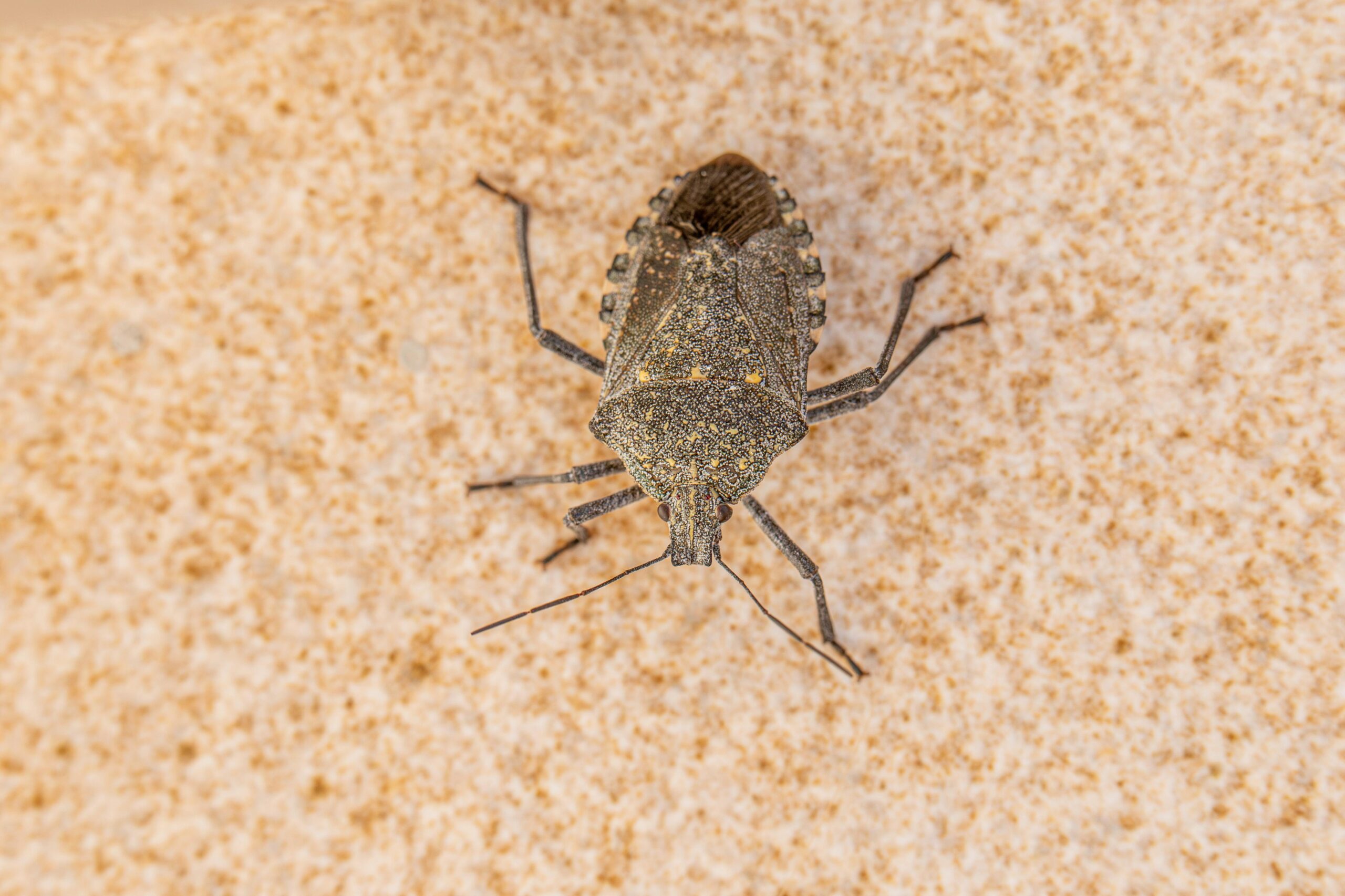Stink bugs can quickly become an unwelcome guest in homes and gardens, leaving behind a distinct odor that can be both unpleasant and persistent. Understanding how to effectively eliminate these pests is crucial for maintaining a comfortable living environment. This guide offers practical steps for controlling stink bugs indoors and outdoors, as well as preventive measures to keep them at bay.
Stink bugs, scientifically known as Halyomorpha halys, are shield-shaped insects that typically measure around half an inch in length. They are most recognized for their ability to emit a foul odor when threatened or crushed. These pests are primarily agricultural nuisances, feeding on fruits, vegetables, and ornamental plants. Their presence in homes often coincides with cooler temperatures as they seek shelter for overwintering.
As the weather turns colder, stink bugs search for warm places to hibernate. Homes provide an attractive refuge, especially if they have unsealed entry points. These pests are drawn to light and warmth, making poorly insulated areas, attics, and basements prime targets for infestation.
Signs of a Stink Bug Infestation
Identifying a stink bug infestation early is key to effective control. Here are common signs to watch for:
- Visible stink bugs in and around your home, especially near windows and doors.
- Unpleasant, lingering odor, particularly when disturbed.
- Presence of shed skins or eggs in hidden areas.
How to Get Rid of Stink Bugs Indoors
Removing stink bugs from your home requires a combination of strategies. Here are effective methods:
Vacuuming
Using a vacuum is one of the quickest ways to remove stink bugs. Make sure to follow these steps:
- Use a vacuum with a bag to contain the bugs and minimize odor.
- Carefully vacuum stink bugs from windows, walls, and other surfaces.
- Dispose of the vacuum bag immediately to prevent odors from escaping.
Using Traps
Setting traps can effectively reduce stink bug populations. You can purchase commercial traps or create your own:
- Homemade traps: Fill a shallow pan with soapy water and place a light above it. The light attracts the bugs, and the soapy water traps them.
- Commercial traps: Look for traps specifically designed for stink bugs that utilize pheromones to attract them.
Sealing Entry Points
Preventing stink bugs from entering your home is crucial. Follow these steps to seal off potential entry points:
- Inspect windows and doors for gaps and use caulk or weather stripping to seal them.
- Check for cracks in the foundation and fill them with appropriate materials.
- Install door sweeps on exterior doors to block entry.
Safe Disposal
When dealing with stink bugs, proper disposal is vital to avoid odors:
- Do not crush stink bugs; instead, place them in a sealed bag or container.
- Dispose of the bag outside to prevent odor from permeating your home.
How to Get Rid of Stink Bugs Outdoors
Managing stink bugs outside your home can significantly reduce their chances of entering. Here are effective outdoor control strategies:
Garden Management
Maintaining your garden can deter stink bugs from taking up residence:
- Rotate crops to confuse pests and disrupt their lifecycle.
- Remove any overripe or decaying fruits and vegetables, as these attract stink bugs.
- Encourage natural predators, such as birds and beneficial insects, by planting diverse flora.
Removing Attractants
Reducing attractants around your home can help keep stink bugs at bay:
- Keep outdoor lighting to a minimum, as bright lights can attract stink bugs.
- Clear debris and clutter from your yard, as these can provide hiding spots.
- Trim back vegetation that is close to your home, providing fewer pathways for entry.
Exterior Barriers
Implementing physical barriers can help protect your home:
- Install screens on windows and vents to prevent entry.
- Use mesh netting around gardens and plant beds to keep stink bugs out.
- Consider using insecticidal sprays around the perimeter of your home if infestations are severe.
Prevention Tips: Keeping Stink Bugs Away
Preventing stink bugs from entering your home is often more effective than dealing with an infestation. Here are key prevention tips:
- Seal all cracks and gaps around windows, doors, and foundations.
- Ensure window screens are intact and free of holes.
- Reduce outdoor lighting or switch to yellow bulbs, which are less attractive to insects.
- Store firewood away from the home to eliminate potential hiding spots.
- Regularly inspect your home for signs of pests and take action immediately if spotted.
Natural and DIY Stink Bug Solutions
If you prefer eco-friendly methods, several natural solutions can help eliminate stink bugs:
Homemade Sprays
Creating your own sprays can deter stink bugs effectively:
- Vinegar and Water Spray: Mix equal parts vinegar and water in a spray bottle. Spray directly on stink bugs to repel them.
- Essential Oil Spray: Combine water with a few drops of essential oils like peppermint or tea tree oil. Spray around entry points and infested areas.
Soapy Water Traps
As mentioned earlier, soapy water traps are an effective DIY method:
- Fill a shallow pan with water and a few drops of dish soap. The soap breaks the surface tension, causing stink bugs to drown.
- Place these traps near windows and doors where stink bugs are likely to enter.
Using Natural Predators
Encouraging natural predators in your garden can help control stink bug populations:
- Attract birds by adding bird feeders and baths to your yard.
- Plant flowers that attract beneficial insects, such as ladybugs and lacewings, which feed on stink bugs.
When to Call a Professional Exterminator
While many homeowners can manage stink bug infestations on their own, there are times when professional help is warranted:
- If the infestation is extensive and DIY methods are ineffective, consider hiring a pest control service.
- Professionals can provide targeted treatments that are often more effective than home remedies.
- Consulting an expert can also help identify underlying issues that may contribute to the problem.
By understanding their behavior, recognizing signs of trouble, and employing both indoor and outdoor control methods, you can reclaim your space from these unwelcome pests. Implementing preventive measures will further ensure that stink bugs remain a distant memory in your home.

